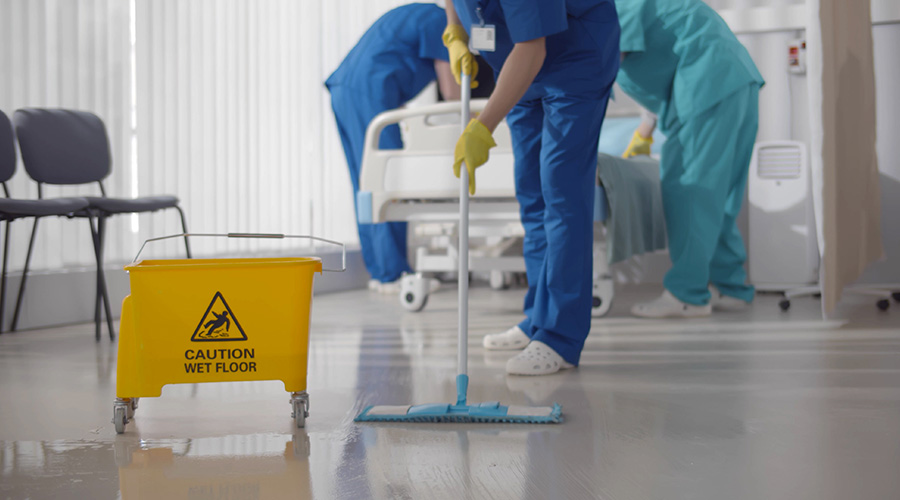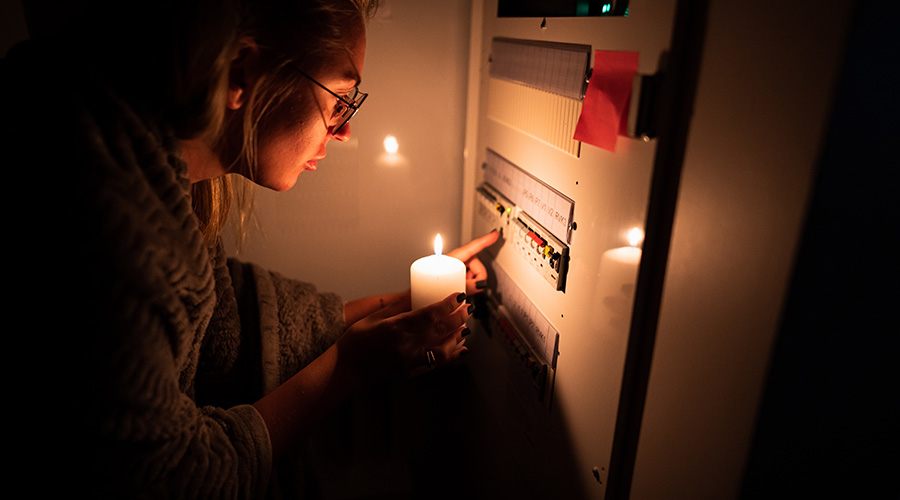A University of British Columbia-developed system that uses bacteria to turn non-potable water into drinking water was tested this week prior to being installed in remote communities, according to an article on the Infection Control Today website.
The system consists of tanks of fiber membranes that catch and hold contaminants while letting water filter through.
A community of beneficial bacteria, or biofilm, functions as the second line of defense.
Membrane water treatment is not new, but the modifications developed produce an even more effective solution.

 Building Sustainable Healthcare for an Aging Population
Building Sustainable Healthcare for an Aging Population Froedtert ThedaCare Announces Opening of ThedaCare Medical Center-Oshkosh
Froedtert ThedaCare Announces Opening of ThedaCare Medical Center-Oshkosh Touchmark Acquires The Hacienda at Georgetown Senior Living Facility
Touchmark Acquires The Hacienda at Georgetown Senior Living Facility Contaminants Under Foot: A Closer Look at Patient Room Floors
Contaminants Under Foot: A Closer Look at Patient Room Floors Power Outages Largely Driven by Extreme Weather Events
Power Outages Largely Driven by Extreme Weather Events